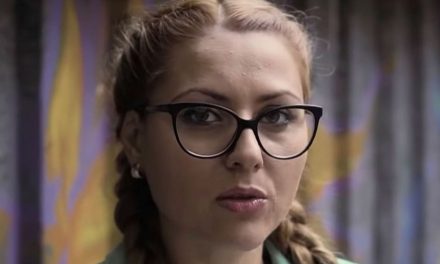5 April 2017
Professor Bolaji Owosanoye, the Executive Secretary of Nigeria’s Presidential Advisory Committee against Corruption, told the News Agency of Nigeria (NAN) in New York that the British government will release information about Nigerians who own property in that country next year. This is the result of negotiations between the two countries which has now reached advanced stage.
Nigerian government is after those public servants who bought properties in London with funds that they cannot explain the sources of and the funds that are kept outside Nigeria to escape taxes.
Owosanoye cited an example of a former Managing Director of the National Petroleum company who was caught with US$9million in cash in his house.
Owosanoye said that the burden of proof for criminal proceeds should shift to the suspects and not the government. Nigerian government can pass legislation to this effect to implement it locally. But other countries like UK would not agree to implement such legal measures.
Nigeria was an oil rich country. Bulk of the revenue from the oil was plundered by individuals in the government and the officials in the oil industry. Other main area of corruption in Nigeria is public administration. Nigeria ranks 136th among 167 nations on the Transparency International’s corruption perception index.
President Muhammadu Buhari came to power in 2015 with a mandate to eradicate corruption. He seems to be making some effort but that is not sufficient to rout out corruption. Not even a single public figure has been put in prison for corruption since he became the president.
Government departments and agencies used to have thousands of bank accounts in various commercial banks. Last year Buhari implemented a reform in which there is only the Treasury Single Account with the central bank. This has to some extent curbed lower level corruption.
Here are some articles we wrote in the past:
Nigeria: Former President under investigation for corruption
Nigeria: The American Government Calls Goodluck’s Regime Corrupt














